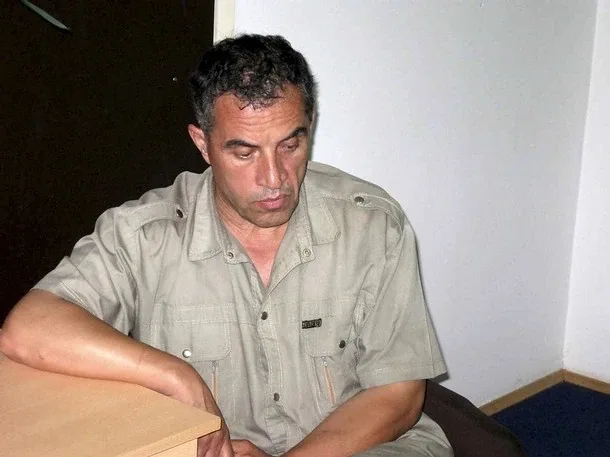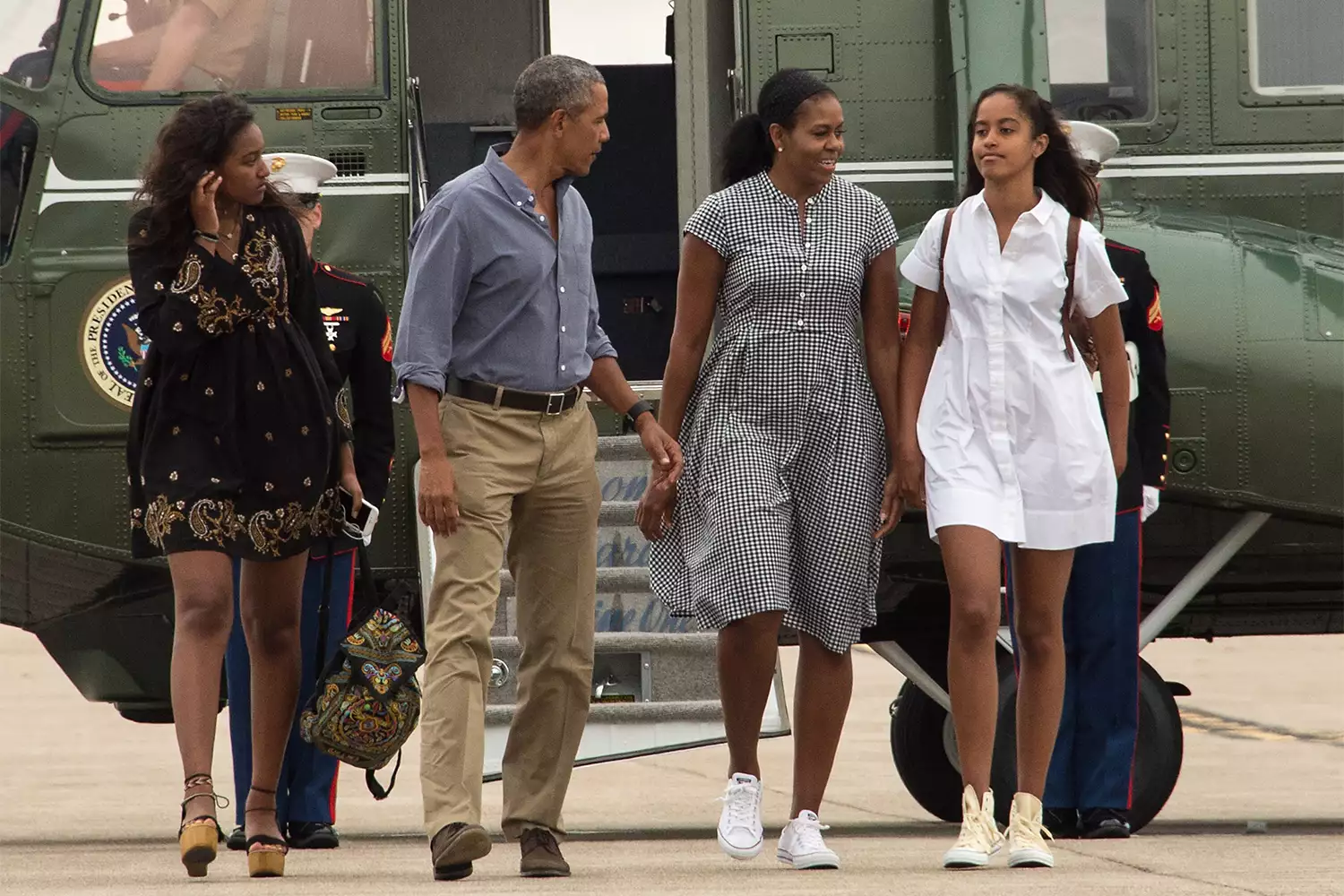
Prince Harry’s US immigration records have finally been released – or at least, some of them. But if you were hoping for answers, don’t hold your breath. Most of the documents are so heavily redacted they might as well be blank.
The US government had until the end of the day to publish the previously unseen papers relating to Harry’s immigration status.
The one thing they make crystal clear? The key question – did Harry lie about his drug use to get into the United States – is still unanswered.
At the heart of the controversy is a line from Harry’s own memoir, Spare, where the prince casually confesses to a history of recreational drug use. From cocaine at 17 to marijuana at Eton and even magic mushrooms in Hollywood, Harry didn’t shy away from detailing his experiences. And that’s precisely what got him into trouble.
Since non-citizens who admit to drug use can be denied a visa under US immigration law, conservative watchdog group The Heritage Foundation has demanded to know: Did Prince Harry lie on his visa application? Or did he get special treatment because of his royal status?
The US government was forced to respond after a court ruling ordered the release of related documents. But what we got was far from full transparency. Page after page of redacted text. No visa form. No answers. And most crucially, no confirmation of whether the Duke of Sussex ever ticked that notorious “Have you ever used drugs?” box.
Here’s what we do know from the documents and court proceedings:
The US government insists the proper legal process was followed and that Prince Harry received no special favours.
A judge agreed to release redacted records but said full disclosure would cause reasonably foreseeable harm – including harassment – if Harry’s exact immigration status became public.
Despite releasing some material, officials redacted everything that could directly answer whether Harry disclosed his past drug use.
The Heritage Foundation, which filed the lawsuit, argues the public deserves to know whether immigration laws were applied fairly. They continue to push for full disclosure, stating no one – not even a prince – is above the law.
Then there’s Trump, who has been watching this saga unfold with barely concealed glee.
The current US president has made it clear he won’t deport Harry – for now. But insiders say if it’s proven that Harry lied on his visa forms, Trump would fully support a prosecution. Trump has already called Meghan “terrible,” accused Harry of being “whipped,” and repeatedly insisted the Sussexes shouldn’t get special privileges, as reported by The US Sun.
During a GB News interview last year, Trump said Harry shouldn’t receive “special privileges” if he lied. “No. We’ll have to see if they know something about the drugs and if he lied they’ll have to take appropriate action,” Trump added, as reported by The US Sun.
The Heritage Foundation isn’t backing down either. Spokesperson Nile Gardiner has said the organisation is fighting for accountability. Their lawsuit argues that Harry’s memoir created a legitimate reason to investigate whether his visa was lawfully granted.
Gardiner told The Telegraph: “Anyone who applies to the United States has to be truthful on their application, and it is not clear that is the case with Prince Harry,” as reported by The US Sun.
And while the Department of Homeland Security maintains there’s no evidence of wrongdoing, critics say the redactions only add to the suspicion.
US immigration policy does allow officers some discretion in visa decisions, especially if the applicant poses no public safety threat. But the fact that Harry entered the country shortly after detailing drug use in his book – and again in his Netflix series – raises eyebrows. Especially when average applicants with similar histories would likely be denied.
Harry and Meghan relocated to California in 2020. Since then, they’ve built a new life away from the royal family, but that escape from the spotlight has come with a new kind of scrutiny. Every move is now filtered through the lens of American politics, media and public opinion.
At its core, this story isn’t just about Prince Harry. It’s about whether US immigration law applies equally to everyone, or if fame and fortune buy exemptions. It’s also a test of political will – as Trump signals he’s ready to act if given cause – and a glimpse into how messy the intersection of celebrity and state power can get.
Until the redacted lines are unmasked or a whistle-blower steps forward, the public may never get a definitive answer. But one thing is clear: the pressure isn’t going away anytime soon.
The heavily redacted court documents read, “Plaintiffs allege that the records should be disclosed as public confidence in the government would suffer or to establish whether the Duke was granted preferential treatment.
“This speculation by plaintiffs does not point to any evidence of government misconduct.
“The records, as explained above, do not support such an allegation but show the regulatory process involved in reviewing and granting immigration benefits which was done in compliance with the
In a surprising twist, pages and pages of the highly anticipated files have been redacted.
However, the files did conclude the duke was not given special treatment. But, the majority of a secret hearing in April last year was blacked out.
Judge Carl Nichols ruled that the redacted documents should be made public by today at the latest but did not give a specific time frame.
- A Tell Media report / Republished from Bold Fact







